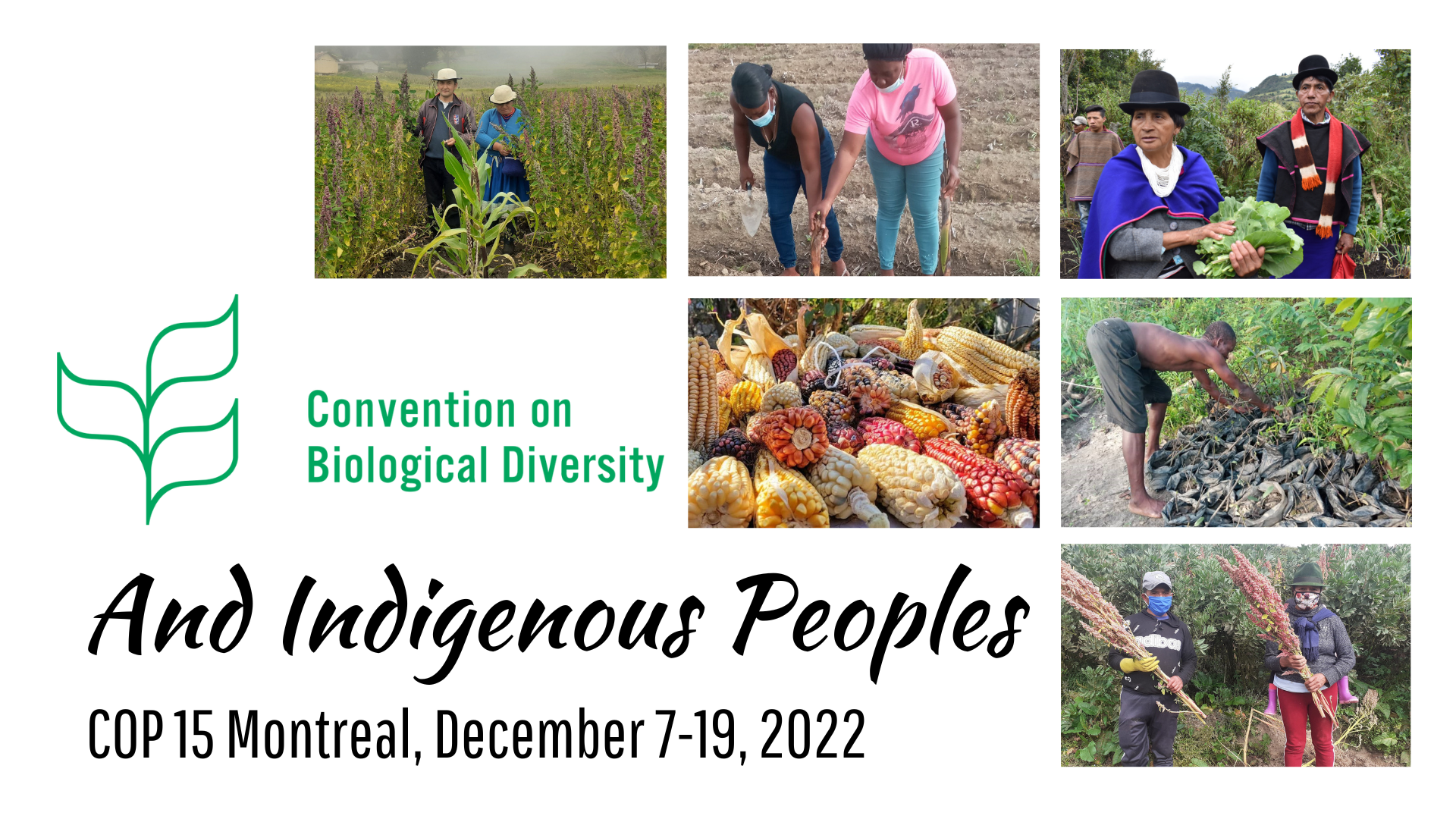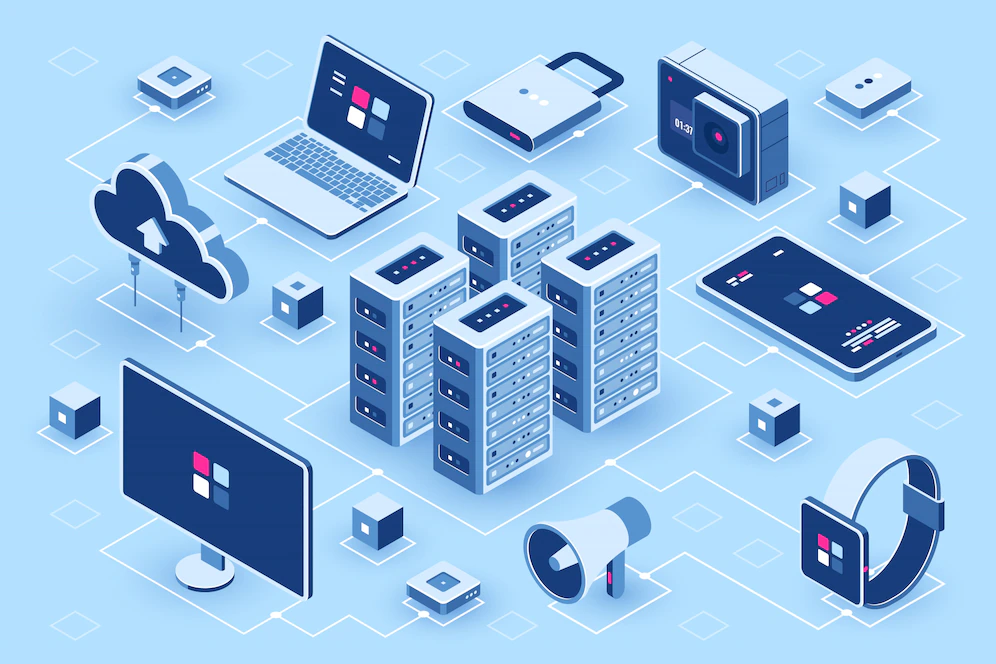The Struggle For Data Control: Indigenous Scientists And Cultural Heritage

Table of Contents
The Importance of Indigenous Data Sovereignty
Indigenous data sovereignty is the right of Indigenous peoples to govern the collection, ownership, control, and application of their own data. This is not merely about access to information; it's about self-determination in the digital realm, mirroring the fight for self-determination in all aspects of life. Data sovereignty, in this context, extends to the protection of Indigenous knowledge systems, traditional ecological knowledge (TEK), languages, and cultural practices – all often encoded within data sets. The significance of this self-determination cannot be overstated. It allows Indigenous communities to:
- Control over data collection methods: Determining appropriate methodologies, ensuring respectful engagement, and preventing exploitation of communities.
- Ownership and access rights to data: Establishing clear ownership and deciding who can access and utilize their data, preventing unauthorized use.
- Determination of how data is used and shared: Controlling the narrative around their data and preventing misrepresentation or commercial exploitation.
- Protection against misrepresentation and misuse of data: Safeguarding against the distortion or inappropriate use of cultural knowledge, language data, and genetic information.
Challenges Faced by Indigenous Scientists in Data Control
The historical context is crucial to understanding the challenges faced by Indigenous scientists in securing Indigenous data control. For centuries, Indigenous communities have experienced the exploitation and misappropriation of their knowledge, often without consent or compensation. This historical legacy continues to shape present-day power imbalances in research collaborations. Indigenous scientists often face significant hurdles, including:
- Lack of funding and resources for Indigenous-led research: Limited funding opportunities hinder the ability to conduct independent research and establish Indigenous-controlled data repositories.
- Limited access to technology and infrastructure: Unequal access to technology and digital infrastructure limits participation in the digital sphere and the ability to manage data effectively.
- Navigating complex legal frameworks and intellectual property rights: Existing legal frameworks often fail to adequately protect Indigenous knowledge and intellectual property.
- Resistance from external researchers to share data and results: A lack of transparency and collaboration from non-Indigenous researchers exacerbates existing power imbalances.
- Concerns about the commodification of traditional knowledge: The potential for profit-driven exploitation of Indigenous knowledge necessitates careful control and governance.
Indigenous-Led Initiatives and Best Practices
Despite the challenges, many Indigenous communities are leading the way in establishing best practices for data governance and collaboration. Successful initiatives emphasize community-led approaches, focusing on ethical considerations and respecting Indigenous rights. Examples include:
- Community-based participatory research (CBPR) models: CBPR centers Indigenous communities as equal partners in all stages of the research process, ensuring control and ownership.
- Development of Indigenous data governance frameworks: Creating frameworks that prioritize community needs and values in data management, ensuring cultural appropriateness.
- Use of open-source technologies and platforms: Utilizing open-source tools to promote transparency and community control over data.
- Training programs for Indigenous scientists in data management: Equipping Indigenous researchers with the skills and knowledge to manage and protect their data effectively.
- Importance of free, prior, and informed consent (FPIC): FPIC ensures that communities have the power to make informed decisions about research involving their data and cultural heritage.
The Role of Policy and Legislation in Protecting Indigenous Data
Effective policy and legislation are crucial for protecting Indigenous data sovereignty. National and international legal frameworks need to explicitly recognize and protect Indigenous rights to their data, including:
- Legislation protecting Indigenous intellectual property rights: Strengthening existing laws and developing new ones to specifically address the unique challenges of protecting Indigenous knowledge.
- Policies promoting Indigenous participation in research: Creating policies that ensure meaningful and equitable participation of Indigenous communities in research projects affecting their data.
- International agreements recognizing Indigenous rights to data: Developing global agreements that explicitly recognize and protect Indigenous data sovereignty rights.
- Mechanisms for redress and accountability in case of data misuse: Establishing clear procedures for addressing instances of data misuse and ensuring accountability for those responsible.
Conclusion
The struggle for Indigenous data control is a critical fight for self-determination and cultural survival. Indigenous scientists are at the forefront of this battle, working to reclaim their knowledge and shape the future of data governance. By promoting Indigenous-led initiatives, enacting supportive policies, and fostering ethical research collaborations, we can help ensure that Indigenous communities maintain control over their invaluable data and cultural heritage. We must actively work towards strengthening Indigenous data control and empowering Indigenous scientists to protect their knowledge for generations to come. Let's actively support initiatives promoting Indigenous data sovereignty and contribute to a more just and equitable digital future.

Featured Posts
-
 2024 Senior Calendar Trips Activities And Events
May 13, 2025
2024 Senior Calendar Trips Activities And Events
May 13, 2025 -
 Free Nba Draft Lottery Party Join The Charlotte Hornets
May 13, 2025
Free Nba Draft Lottery Party Join The Charlotte Hornets
May 13, 2025 -
 Aws
May 13, 2025
Aws
May 13, 2025 -
 Understanding Cubs Fans Response To The Kyle Tucker Report
May 13, 2025
Understanding Cubs Fans Response To The Kyle Tucker Report
May 13, 2025 -
 Dog Walking In Didcot For Mental Health Awareness Week
May 13, 2025
Dog Walking In Didcot For Mental Health Awareness Week
May 13, 2025
